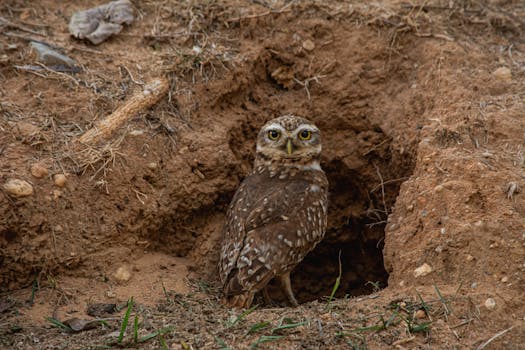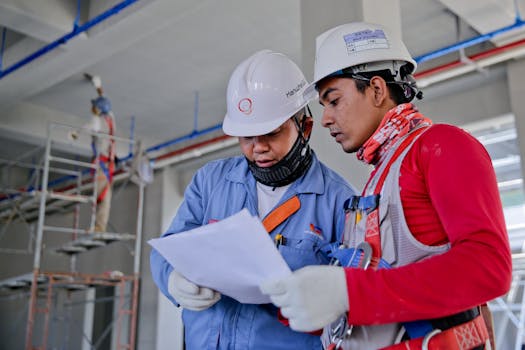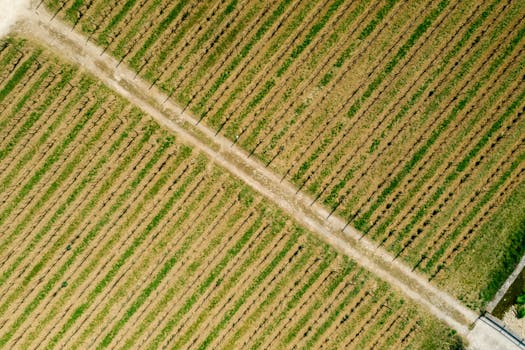To work as a professional geoscientist you'll need a degree in a relevant subject. Courses often combine theory with fieldwork and practical training.
Degree subjects include:
- geology
- geoscience
- geophysics
- Earth science
It's becoming more common for new entrants to hold or be working towards postgraduate qualifications like an MSc or PhD.
Integrated postgraduate master's qualifications like a MGeol or MSci can be studied at university. These courses include more independent research and are designed to lead directly onto further study like a PhD.
It's useful to get some work experience through an internship or year in industry placement while you are at university. Your university careers service can help you find opportunities.
Organisations like Geology for Global Development also run projects and placements to help you gain skills.
Entry requirements
You'll usually need:
- 5 GCSEs at grades 9 to 4 (A* to C), or equivalent, including English, maths and science
- 2 or 3 A levels, or equivalent, including a science, for a degree
- a degree in a relevant subject for postgraduate study








